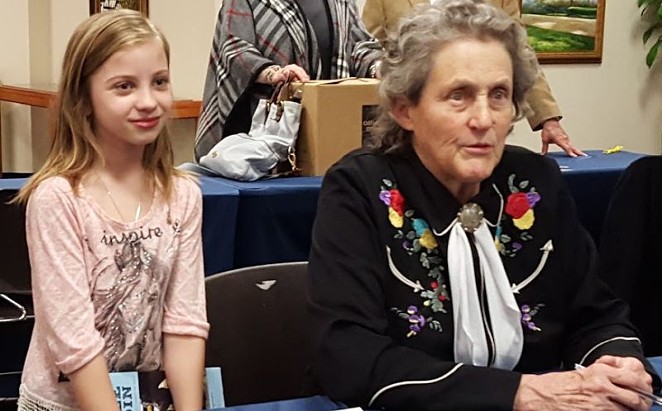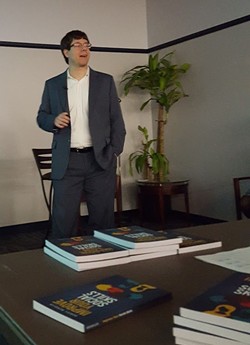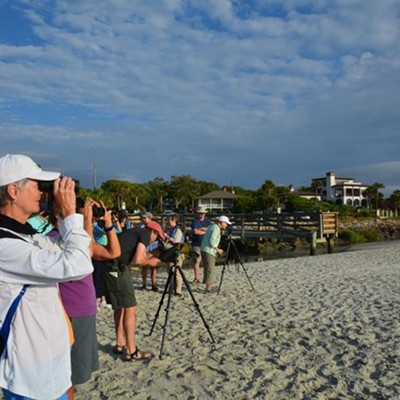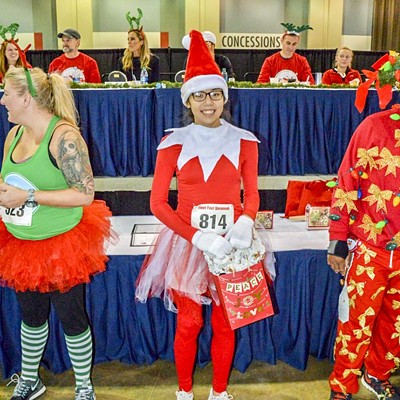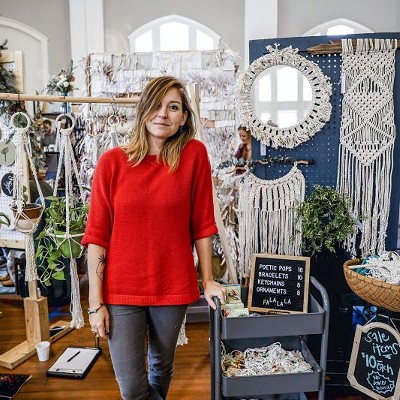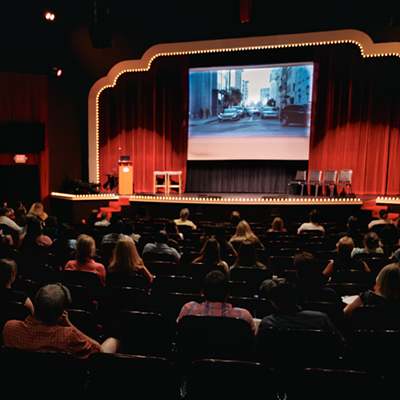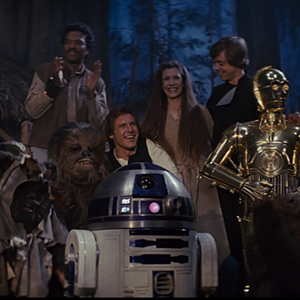ONE IN 59 children will be diagnosed with autism.
That means everyone will know someone with autism, which necessitates knowledge of how to handle the disorder.
That’s the goal of the fourth annual Autism Conference put on by the Matthew Reardon Center for Autism.
This year’s conference takes place at the Savannah International Trade and Convention Center, a significant jump from previous venues.
“Before, we’ve been at the Coastal Georgia Center, which seats 400,” shares Patti Victor, president and CEO of the Matthew Reardon Center for Autism.
“This year, it’s a lot bigger. We’re able to offer a lot more speakers. We sort of geared the conference towards the audiences we’re looking to address: families and caregivers and educators.”
These audiences are most likely to interact frequently with people with autism.
“Every teacher is going to have children with autism in a classroom,” says Victor. “There are a lot of undiagnosed children. It’s really important that educators learn the skills, learn the signs, learn what to do and how to help people with autism.”
As Victor explains, there are strategies to simplify the life of a person with autism, but those strategies are not widely known or disseminated.
“One of the things I find interesting is our culture’s expectations that a person with autism is supposed to make all of the modifications,” says Victor. “Our society is frequently unwilling to make space for people who are different and to slow down for people who don’t maybe move at that fast pace, or to even broaden your horizons to recognize that there are many paths to a successful outcome.”
“We’re really excited this year for the educator track in particular,” adds Erin Roma, an advocate at the Center. “We have a leading expert in inclusion strategies for a general education setting. What I mean by that is in that gen ed classroom, in our school setting, there’s been a big push over the last decade to include children with disabilities. There’s not been a lot of backup with support and services to make that happen. Gen ed teachers maybe get half a class in training. We’re relying on this system that’s been set up but not providing backup.”
As both Roma and Victor attest, it’s important to modify expectations for people with autism.
“Once you modify your expectations, the way autistic brains work is fascinating,” says Roma. “Getting to know that kid’s niche and what works for them, what is going to lock them in, can be really fun. I am a parent of two autistic children and the hooks are important, and ever-changing.”
Roma, Victor, and fellow advocate Faye Montgomery have been planning the festival for four years.
“With the conference being so much larger this year, we’re able to offer five sessions running at any given time, which is really exciting,” says Roma. “[Planning the conference] is a big job, but it’s exciting because it’s something we’re really passionate about. We get to look into speakers who are coming to talk about this issue from many different angles. There are so many different ways you can talk about autism and so many different audiences that it’s really fun for us to be able to make those connections.”
This year, the keynote speaker is Temple Grandin, one of the most well-known adults with autism. She is a professor of animal science at Colorado State University and a consultant to the livestock industry on animal behavior.
Along with Grandin, the list of over 20 speakers includes seven who are autistic.
Conference favorite Daniel Wendler kicks off the conference.
“He’s gained a little following here in Savannah with teenage boys,” shares Roma. “He’s done a TEDx talk, ‘What Being Autistic Has Taught Me About Being Human.’ And the Georgia Southern folks are coming to talk about self-management—that’s something we all do,” says Roma. “We all have to learn how to manage and control ourselves. What Daniel’s message is, is, ‘I’m autistic, but the needs I have are human needs. My autism might add a layer onto that and how I cope with that, deal with that, learn from that, but they’re all human needs. Attention, love, friendship, kindness.’”
Adds Victor, “Human beings, we all really want the same things.”

